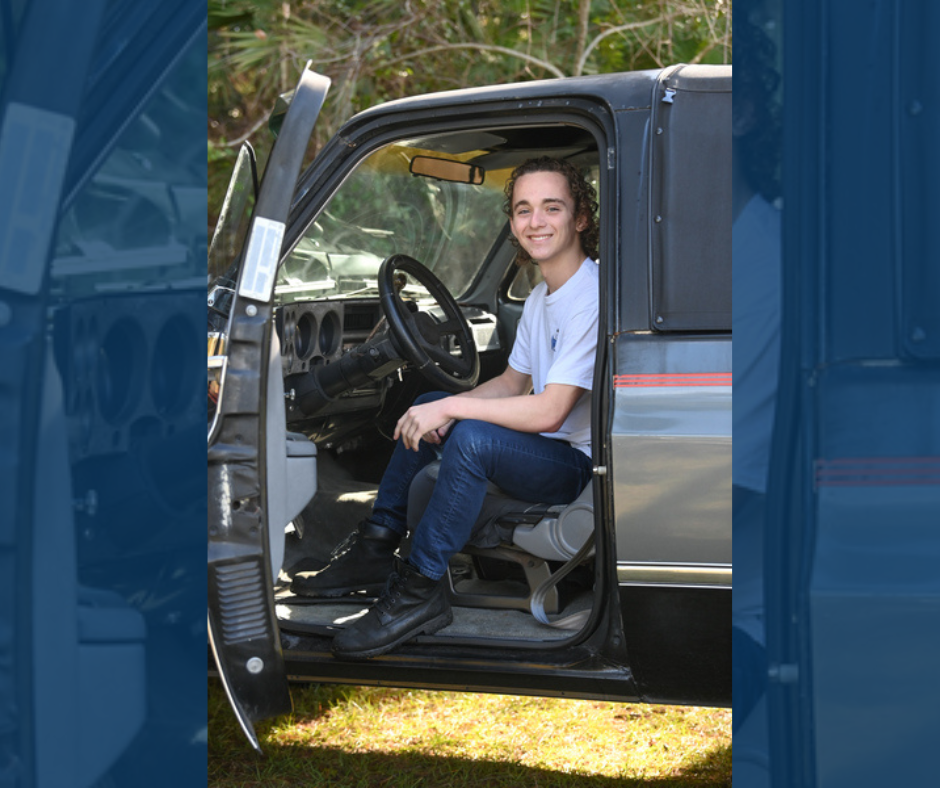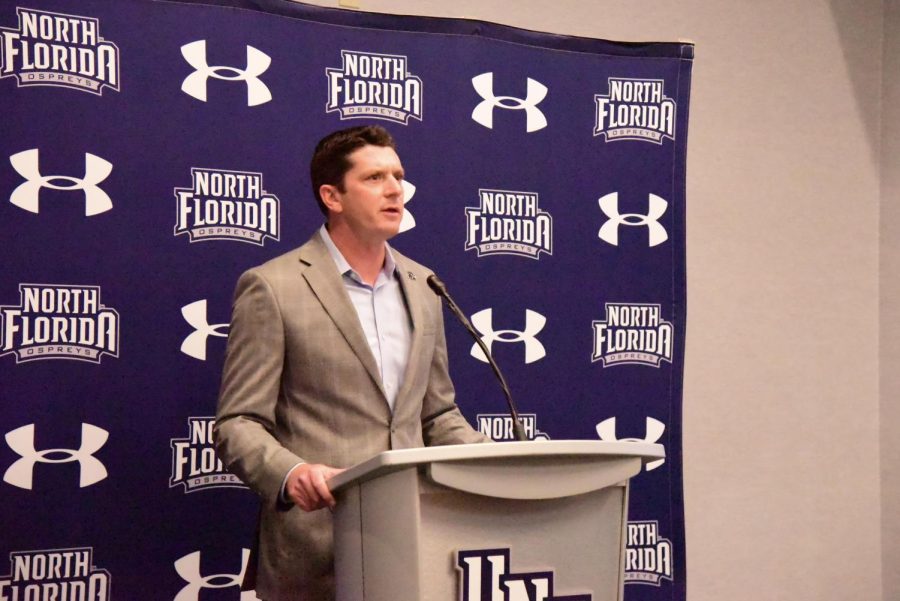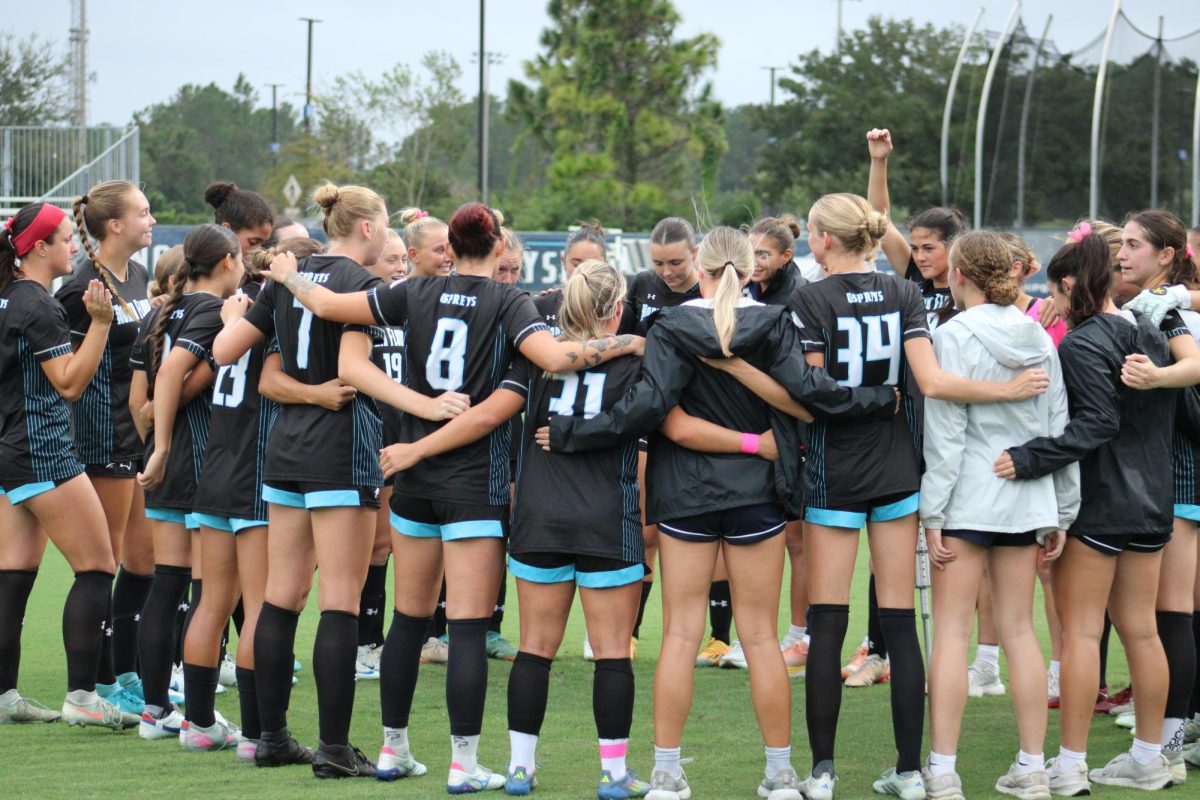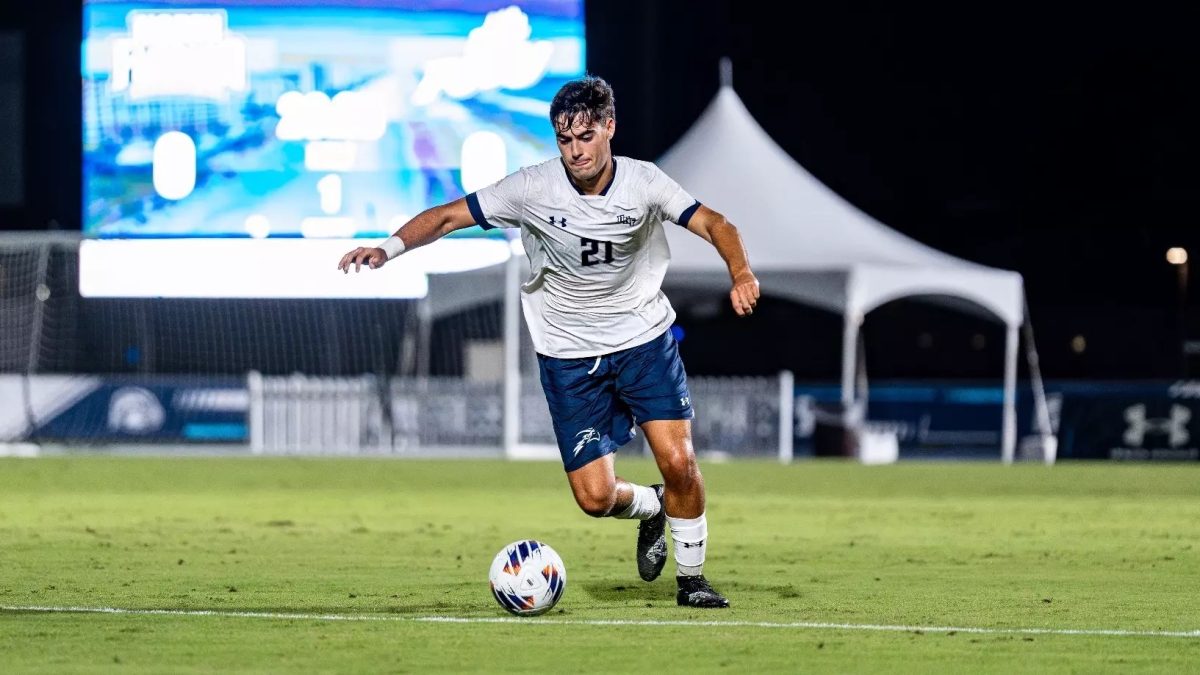Venture Studies, a Transformational Learning Opportunity (TLO) devoted to helping freshmen adjust to the college environment, recognizes problems that freshmen and sophomore go through — such as homesickness and making new friends — and morph them into positive situations with which students can learn and grow.
According to the program’s website, Venture Studies prepares students for the transitions of college life and allows them to apply what they learn in the classroom to real world scenarios. They do this by offering a wide variety of classes to freshman beyond typical classroom lectures.
Marcia Ladendorff, a communications professor, taught “Constructing Reality,” one of the classes in the Venture Studies course list during the fall semester. She said the program tries to recognize that college is a life-changing transition for students. The program thus tries to stray away from the traditional methods of generalized education and instead favors specialized teaching for each individual student.
“Nobody comes to college for the first time and doesn’t change their life,” Ladendorff said. “Our goal is to reduce some of the stress and challenges of the transition.”
Ladendorff said one of the most important aspects to this “hands-on” type of learning is remembering that students are not simply minds in need of molding. She recognizes this and utilizes it in her teaching method.
“We’re trying to look at the students as people rather than just students,” Ladendorff said.
Ladendorff’s students did assignments involving observations of their surroundings on campus and writing about what they see. She said students then learn to live on campus and be successful in their futures, rather than merely sticking to book-work.
When asked her opinion of Venture Studies, UNF freshman Suqura Shannon finds it more than just a course to fill credit requirements.
“It allows us to not only have open discussions and be free to express our views and opinions, it also opens our minds to look at real life situations from a broader perspective,” Shannon said. “I see it as a course that instills values and ideas that I will be able to apply to my life years from now.”
Another student, Jessica Rogers, said that out of all her classes she feels most comfortable in her Venture Studies class.
“It lets us express our opinions and concerns, especially about how the media shapes our lives,” Rogers said.
Professor Mark Ari, teacher of “Creativity,” another class in the Venture Studies program, utilizes a similar method in his teaching. While he recognizes the importance of seeing students as individuals, he said he remains skeptical of how effective the program will be.
“Venture Studies is part of an attempt to re-imagine general education by bringing together university-wide principles in an interdisciplinary way,” Ari said.
While the classroom environment still exists, students can learn through much more creative means than usual.
However, Ari expressed concern over the future of the program.
“It’s kind of like finding the shape of a river by mapping its tributaries,” Ari said. “We don’t know yet what that river will look like. There may be theories and speculations about it, but the shape of the river may or may not match those. That’s something we can’t know until the waters are navigated.”
Despite the program’s good intentions, Ari said it is impossible to tell if it will work the same way for everyone.















